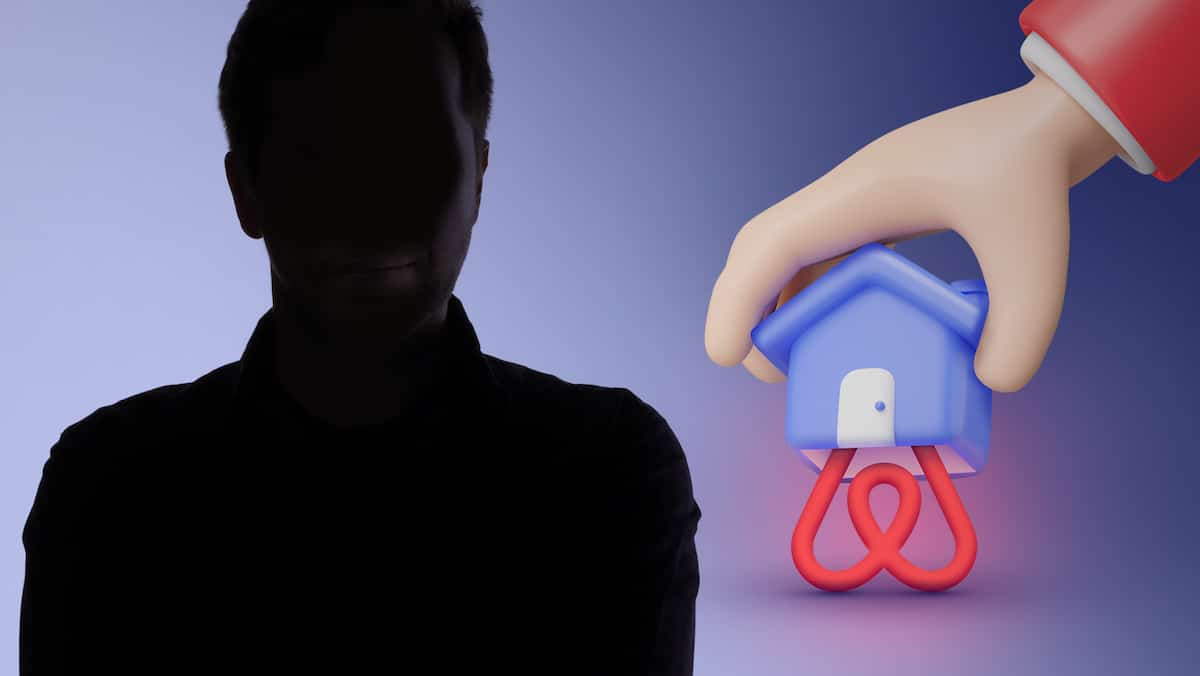More than 2,500 tenants have been evicted from private seniors' housing in one year, the Quebec Association of Public and Semi-Public Retirees (AQRP) revealed on Wednesday. Montreal and Quebec are the two cities most affected by these evictions.
The national AQRP survey was conducted from 1any October 2022 to 1any September 2023, throughout Quebec. During this period, there were 88 residential housing for the elderly (RPA) closures, AQRP notes in a press release.
A quarter of the affected residents, or 607 renters in total, were in the Montreal area. The CIUSSS de l'Est-de-l'Île-de-Montréal recorded 148 evictions, including 347 evictions in the west of the Isle de Montreal, and 160 affected tenants in the north of the Isle de Montreal, AQRP determines.
The two other CIUSSS centers in the city did not respond to the AQRP survey.
In the National Capital Region, approximately 607 tenants were also evicted from their RPA.
“It is unacceptable that vulnerable seniors who sometimes suffer from health problems find themselves without housing,” denounced AQRP’s regional president, Paul-René Roy, in the press release. He believes that the Minister responsible for housing should include a clause in Bill No. 31 that prohibits evictions from private senior housing.
Evictions occur for several reasons
Several reasons can lead to an RPA closing or evicting its tenants. Financial difficulties for owners are one of the most common, AQRP reports in a The practical guide was published last June.
“RPA owners feel suffocated by their obligations. The pandemic has overwhelmed employees,” we read in this guide. The demand for more care and sprinkler installation, despite the government assistance program, adds to the burden.
Another reason is that older people live for a long time in the same housing, which means their rental prices are lower, the project notes. The association believes “this encourages landlords to target these clients to use eviction tactics, whether fraudulent or legitimate, to increase the cost of rent between two tenants for profit purposes.”
Over the past five years, 473 RPAs have closed across the province, AQRP reported in the same document. The vast majority, 90% of them, had fewer than 30 units. They are also found in small communities.
Required measures
The AQRP project calls for several measures to reduce rural closures and tenant evictions. In its practical guide, it recommends halting evictions and converting populated areas into community housing.
AQRP also condemns Bill No. 31 introduced by Housing Minister France-Hélène Duranceau, which aims to increase the financial compensation offered in the event of eviction, from 3 months to 24 months, instead of preventing evictions.
“This legislative proposal risks harmful consequences for the well-being of RPA residents, forcing them to move and exposing them to psychological effects such as losing the taste for living and feeling uprooted,” emphasizes Paul-René Roy in his report. Press release.
According to the association, Bill 31 should include a provision for RPA. According to this clause, “If RPA owners wish to convert these dwellings into regular rental housing, they must do so in good faith. The clause states that a basic condition is that such conversion fall within the framework of the Quebec Affordable Housing Program in order to increase the supply of affordable housing.” ,” suggests AQRP.
“The aim of this proposal is to allow seniors to remain in their accommodation, and live at home, without fear of becoming victims of eviction,” Mr Roy adds.

“Music guru. Incurable web practitioner. Thinker. Lifelong zombie junkie. Tv buff. Typical organizer. Evil beer scholar.”







